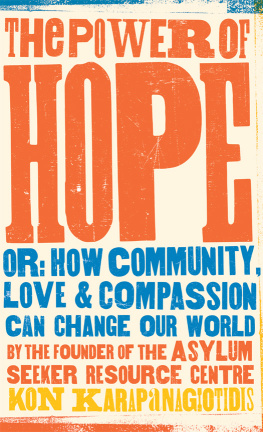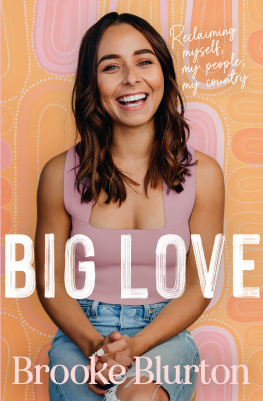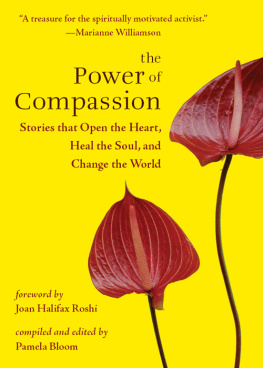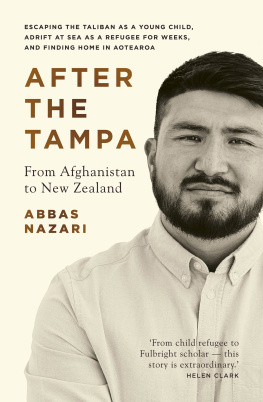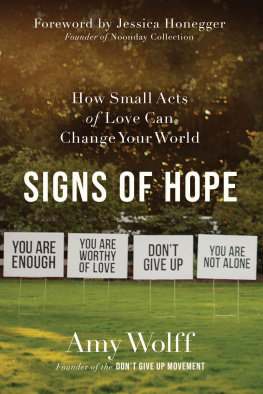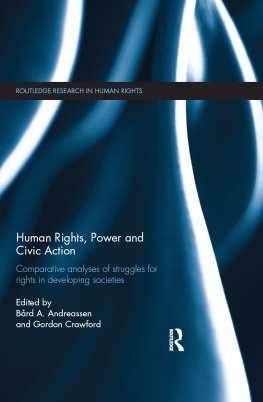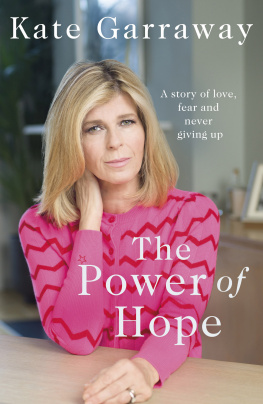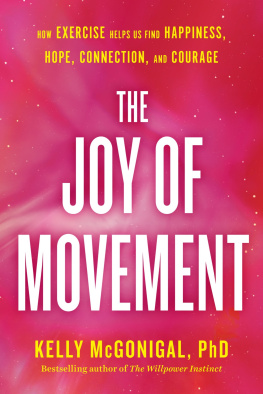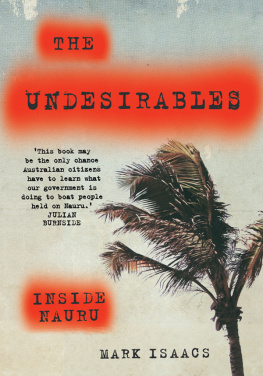CONTENTS
Guide
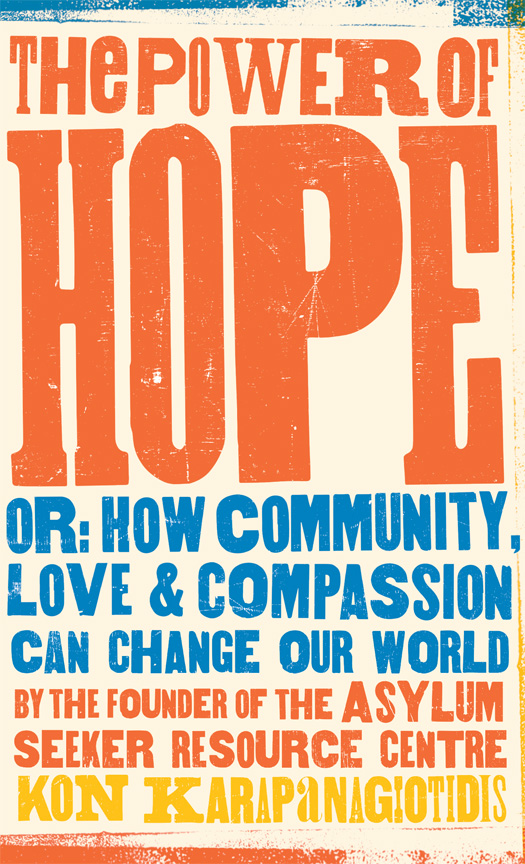
We all have stories to tell and mine begins with my grandmother Parthena. I remember her hands, which carried the deep scars of sacrifice and the heaviness of time and of great loss. Yet her hands were as strong as they were worn. Zeus would have worshipped them. To me my yiayia was a hero, a lioness who protected her family at all costs. She raised seven children with love and determination, and my father, Leo, was one of them. She was one of the hundreds of thousands of Greeks caught up in the Pontic Genocide, which lasted for nearly ten years, ending in 1923. This form of ethnic cleansing was sanctioned by the government of the Ottoman Empire, and included massacres, forced deportations (often to death camps) and the attempted wholesale destruction of Greek culture. So my yiayias sacrifices and losses were all bound up with having been forced from her homeland. She was a refugee who had to start her life over again in a new home. She married and raised her family in the village of Apsilo, a town of a few thousand in the mountains of northern Greece. The most important thing to her was family, and she spent all her days doing everything she possibly could to give her children a better life.
I visited Apsilo when I was ten years old and slept in the modest, faded Greek-blue home where my father was born and raised. I remember the barren fields, now no longer fertile, where my father had worked from the age of nine. I remember meeting his three beautiful sisters, the same ones he ploughed the fields for so that they could have a wedding dowry and improve their futures. And to this day I try to imagine how my father felt in the early 1940s when, at the age of only five, Nazis marched into his village and took control. How terrifying these strange men with their uniforms and weapons must have been for him. It was something he never forgot.
No migrant parent ever wants their child to leave the family home, but my grandparents (like so many others) sent my father to Australia when he was twenty-six years old. Their hopes were that he would be free of poverty, and that he could create the future he wanted and they were unable to give him. Here was a chance for their son not to have to go without all the time or with so little. I often think of what that moment must have been like for my grandmother, saying goodbye to her young Leo, knowing she might never see him or hold him again. For those of us with migrant backgrounds, it is extraordinary what our parents, grandparents or great-grandparents sacrificed to give us this new life in Australia.
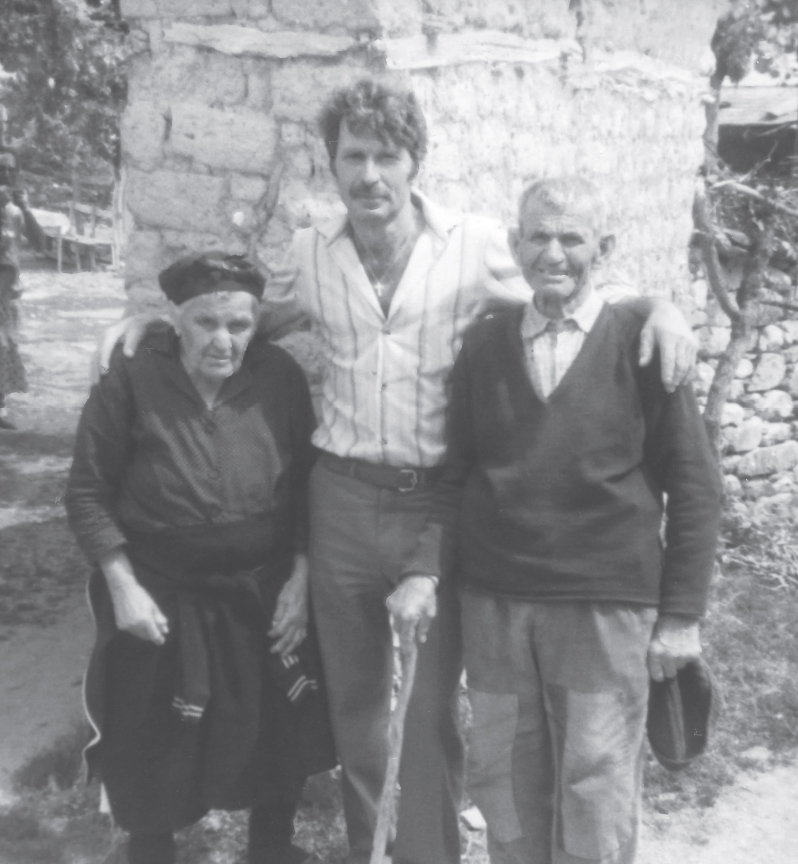
My father with his parents in his hometown in Greece.
And the story of migrants and refugees, our collective story, is what is entirely missing from the national conversation on immigration. The cold, hard truth is that people really dont want to leave their homes unless they have to. They dont want to say goodbye to their family, community, culture and friends, and to start all over again in a foreign land where so often they are greeted with suspicion, racism and resistance.
My uneducated parents came to Australia without a word of English and went on to raise two children who between them would hold eight university degrees and an Order of Australia medal, and who would both receive acclaim and recognition in their legal professions and human rights. My parents sacrificed everything for Nola and me, working as labourers on farms and in factories until their bodies could no longer take it. They worked hard for more than forty years so that their children could dream of something better. All of it was for us. They had no lives outside of us. They were driven by the most profound love, and the determination that we would have a better life than them at any cost to themselves.
I dont want anyone to speak to you or treat you the way I am treated every day, my parents would tell me. To this day I still struggle to understand the magnitude of their sacrifices. I am still yet to be a father (though I do hope to be, one day), so its difficult for me to understand fully why they did what they did for us, but what I do know is that without the sacrifices my parents made I wouldnt have this life at all. There would probably be no degrees, no being a public figure, no boundless choices, no chance to do what I dreamed of, or to create something from scratch, which is what I love so much about the ASRC. Instead, Id most likely be standing in an assembly line in a factory somewhere.
I am able to reach for the stars and touch the sky because I was on their shoulders. They held me up. They endured years of 4 am starts, working days that finished long after dinnertime, and work on weekends. They had no travel or holidays, no thoughts of a sea change, just endless sacrifices by the two of them for my sister and me.
And through the very act of their doing, my parents taught me things that no formal school education can they taught me about resilience, the importance of family, principles, sacrifice, entrepreneurship, selflessness and courage. Thats in my DNA, and its in the blood of every single migrant and refugee who sets foot on this land.
I know I simply won the lottery of time and place. Around a century ago my grandmother fled her homeland as a refugee; seventy-five years ago my father grew up with the Nazis occupying his little country town, and a few years after that began working in the fields for his family. I understand in many ways that my privilege, my freedom, my choices and safety are little more than the luck of time and place. This is what is so often forgotten in the debate about refugees, that its just a birthright lottery and nothing more. That desperate father, mum and child on a leaky boat washing up on our shores could be us, our dads, mums and sisters, our grandmas. What would we want for them? I know for me it would be the hand of compassion, the embrace of welcome, the bridge of friendship and love to be extended to my family.

My dad had such a way with people he could make a stranger trust him in a moment that was his charm. I used to watch him both in confusion and awe, going with him to the bottle shop between paydays and getting a slab to take home just with the assurance he would pay them the next week. And I saw him do the same with boarding buses and getting groceries. Imagine trying to do that at Coles! People trusted my dad because he was a man of his word. He even insisted on paying interest on anything that was given to him on trust, even if it was only a dollar. It was the principle that mattered to him.
When Nola and I were young kids we lived in the country, and both Mum and Dad worked on tobacco farms before we moved to Melbourne, where they took up work in factories. Menial labour was not something Dad had wanted for himself. Several times a year, every year, my father would tell me the story of how his teacher had begged his parents not to take him out of school at the age of nine to work in the fields. Leo could become anything, he had said to them, a doctor or a lawyer, if he could just stay in school. But that was the last year of schooling he would ever have. Dad never told me this story with any anger but always with a keen sense of sadness. He wanted to make sure I knew that he had always wanted something better for himself than a life knee-deep in shitty tobacco farms or asbestos-filled factories. He wanted me to know that he could have been
Next page
